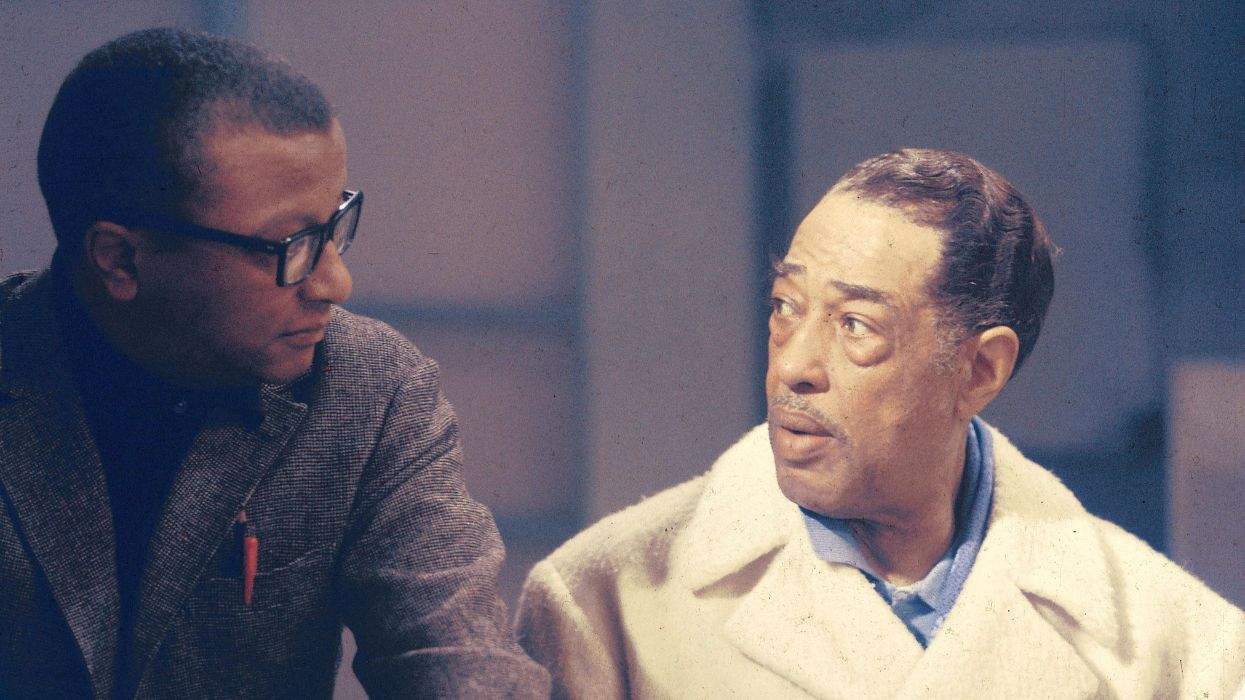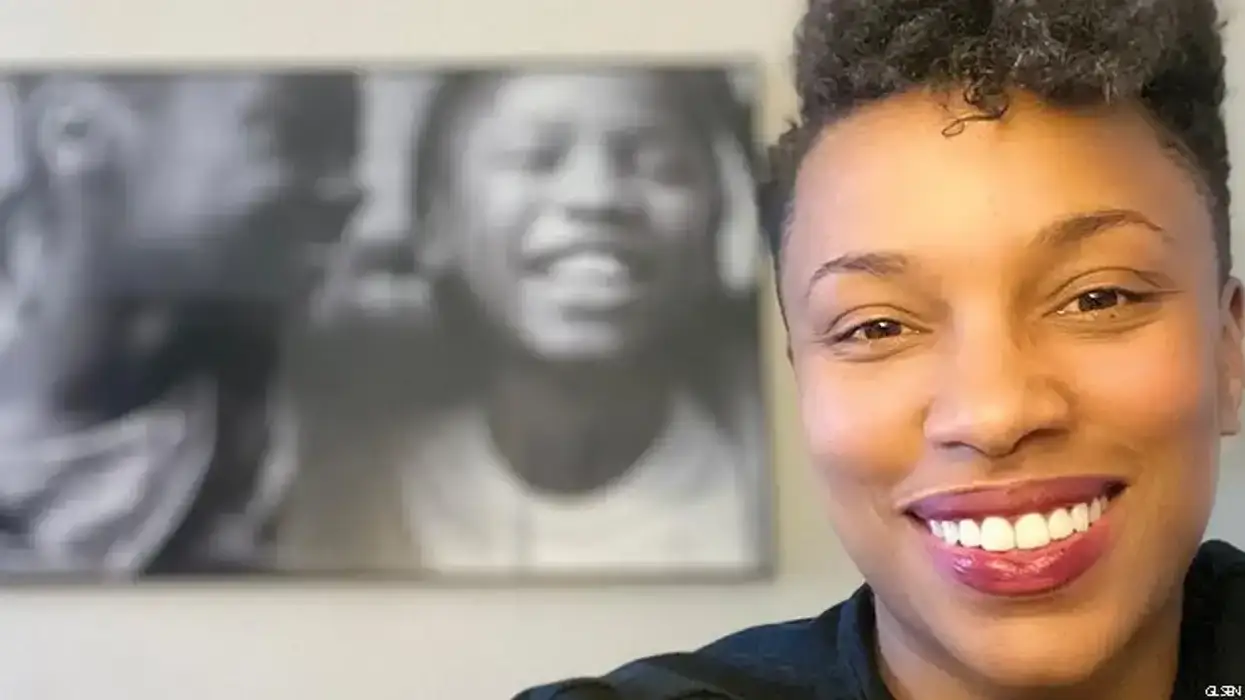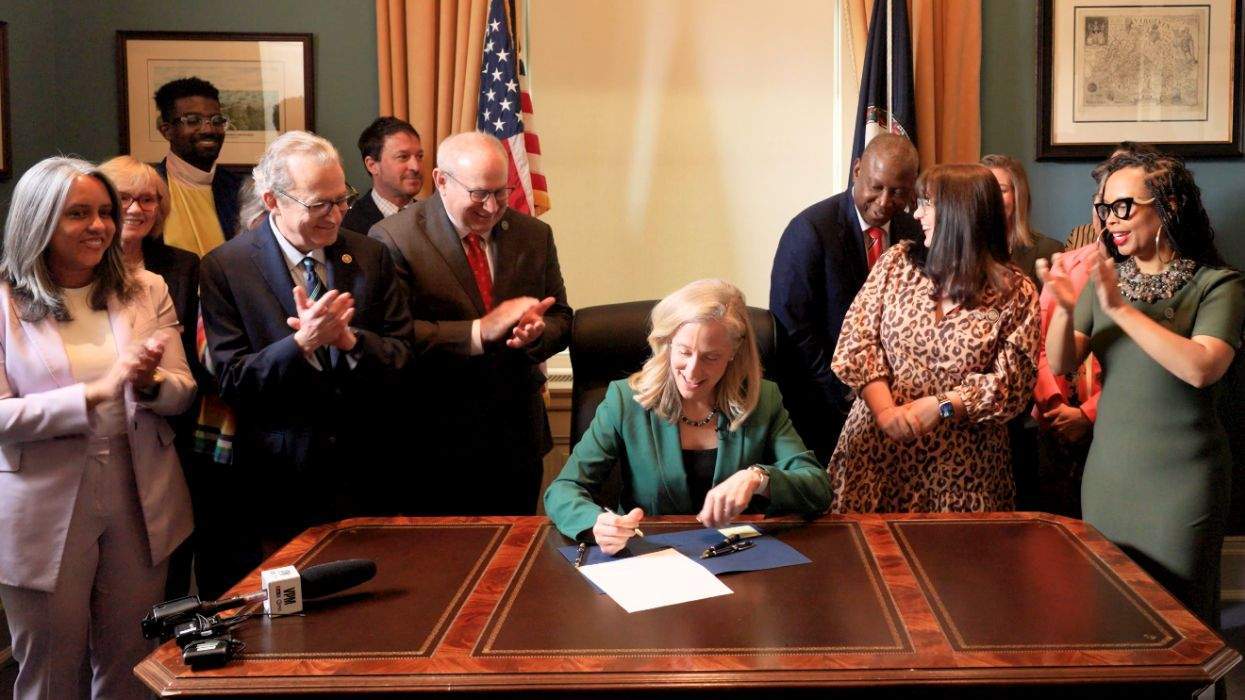The number of gender-affirming surgeries in the U.S. nearly tripled from 2016 to 2019, likely due to more insurers covering the procedures, with top surgery more common than genital surgery, according to a new study.
The study was published online Wednesday in the American Medical Association’s JAMA Network Open. It was conducted by faculty at the medical schools of Columbia University in New York City and the University of Southern California in Los Angeles, using data from the Nationwide Ambulatory Surgery Sample and the National Inpatient Sample.
The study identified 48,019 patients who underwent gender-affirming surgery from 2016 through 2020. The authors found that the number of these surgeries rose from 4,552 in 2016 to a peak of 13,011 in 2019, then declined slightly to 12,818 in 2020. The decline in 2020 is likely due to restrictions on in-person health care during the COVID-19 pandemic, the researchers observed.
In the period covered by the study, 27,187 patients (56.6 percent) had breast or chest surgery, 16,872 (35.1 percent) underwent genital surgery, and 6,669 (13.9 percent) had facial and other cosmetic procedures. Some patients had more than one type of surgery. “Breast and chest procedures made up the greatest percentage of the surgical interventions in younger patients while genital surgical procedures were greater in older patients,” the study noted.
The study backs up what has been pointed out as states pass or debate bans on gender-affirming surgery for minors — genital surgery is not usually suggested for young people and is rate among them. Among patients aged 12 to 18, 87.4 percent had breast or chest surgery, while only 11 percent had genital surgery, the researchers found. Most bans that have been enacted or proposed deal with people under age 18, with 18 considered the age of majority.
Gender-affirming surgeries “were most common in patients aged 19 to 30 years,” the authors reported. “This is in line with prior work that demonstrated that most patients first experience gender dysphoria at a young age, with approximately three-quarters of patients reporting gender dysphoria by age 7 years. These patients subsequently lived for a mean of 23 years for transgender men and 27 years for transgender women before beginning gender transition treatments.”
While the right wing sometimes claims there is “social contagion” leading more people to seek out these treatments, the study’s authors proposed a different explanation. “The increase in [gender-affirming surgery] is likely due in part to federal and state laws requiring coverage of transition-related care, although actual insurance coverage of specific procedures is variable,” they wrote. The majority of patients in the study — 60.5 percent — had private insurance coverage, while 25.3 percent were Medicaid recipients.
The study noted the benefits of gender-affirming care at a time when it’s under attack, with states banning it for minors and some banning it for certain adults, such as those whose health care is covered by Medicaid.
“Despite many medical societies recognizing the necessity of gender-affirming care, several states have enacted legislation or policies that restrict gender-affirming care and services, particularly in adolescence,” the authors wrote. “These regulations are barriers for patients who seek gender-affirming care and provide legal and ethical challenges for clinicians. As the use of [gender-affirming surgery] increases, delivering equitable gender-affirming care in this complex landscape will remain a public health challenge.”
The study has some limitations, the researchers added. One of them is that “while we comprehensively captured inpatient and ambulatory surgical procedures in large, nationwide data sets, undoubtedly, a small number of procedures were performed in other settings; thus, our estimates may underrepresent the actual number of procedures performed each year in the US,” they wrote.
Still, the information is valuable, Dr. Jason D. Wright, the lead researcher and the chief of gynecologic oncology at Columbia University Vagelos College of Physicians and Surgeons, told The New York Times.
“There’s been a sense that more patients are asking about it, and ultimately pursuing it, but there wasn’t good data,” he said. “Ours is one of the first studies to quantify the age groups and the procedures they’re undergoing.”















